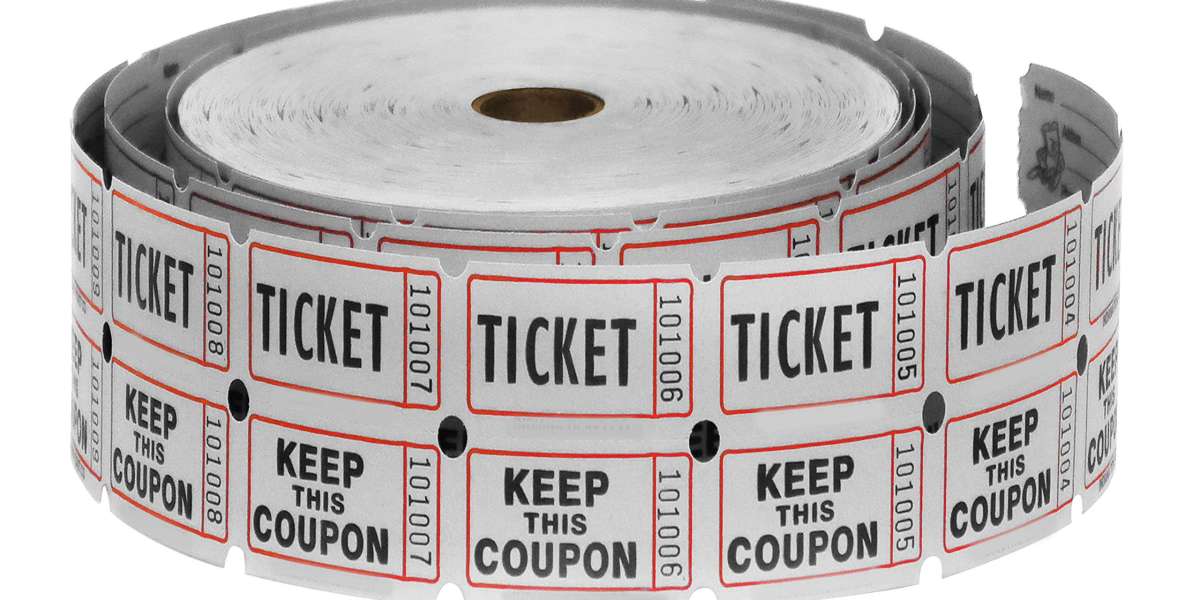A 3-digit lottery raffle is a popular fundraising activity where participants purchase tickets with three-digit numbers and win prizes based on the winning numbers. The winning numbers are chosen from a live lottery drawing at a scheduled event. The ticket may state that the winner will be determined by the televised local Pick 3 Lottery evening drawing on a specific date (or dates). The prize must be claimed within a specified time limit.
Mechanics
A three digit lottery raffle is a type of lottery that features three-digit numbers. It is a popular type of lottery, and it can be conducted in many ways. In this style of lottery, participants purchase tickets or entries with a three-digit number and a drawing is held to determine the winner(s).
Typically, the winning ticket will have all three digits in the correct order. Prizes may vary, depending on the size of the raffle and the amount of money that has been raised. In some cases, the winner will be determined by a live event or a televised lottery drawing.
To conduct a fair and legitimate raffle, it is recommended to use a machine that has multiple chambers for each of the digits. This can save time and effort by reducing the need for manually counting and mixing balls. The machine should also be cleaned regularly to ensure that the balls are mixed properly.
Prizes
A 3-digit lottery raffle is a fun way to win money and prizes. Each ticket printed with a three-digit number is entered into a live drawing held at a planned event. Usually, the numbers are drawn from a container or drum and if your ticket matches the three-digit number exactly, you win the prize money. Some tickets even offer multiple prizes if the number matches partially, for example, if one of the digits is wrong. Then the tickets with that number would each get half of the prize money. This does not happen often, but it has happened. It’s a good idea to keep track of the numbers you buy.
Taxes
Depending on the type of raffle and the amount of winnings, organizations may be required to withhold income taxes from the prize money. This is similar to the withholding process on employee salaries. In most cases, the federal government requires that organizations withhold 5% of net winnings. However, this is not a strict rule and different states have their own thresholds. Typically, if the total winnings are over $5,000, the organization is required to withhold 25%.
In addition to federal taxes, winners must also pay state and local taxes. In New York, for example, the tax rate is up to 13%. In contrast, Yonkers only imposes a leaner 1.477% tax. If a non-profit organization holds a raffle and the first prize is worth more than $5,300, it must report this winning to the IRS using Form W-2G. The organization will also have to file a statement for each winner describing the winnings, including cash and in-kind prizes.
Regulations
A raffle involves the sale of numbered tickets that have a chance of winning a prize. The winning numbers are drawn at a set time and the ticket holder becomes eligible for the prize. Raffles must be conducted in compliance with state and federal regulations. They must also comply with local, county and city ordinances. The price for each ticket must be set by the lottery commission and announced publicly before the start of sales.
The ticket must contain the name, address and phone number of the purchaser, as well as a consecutively printed serial number. It should also include a list of prizes offered, the probability of winning the prize and the date (or dates) of the draw. The organization conducting the raffle must not sell tickets to its members or employees, and the winning prize must be determined by a public lottery drawing. Likewise, the prize must not be combined with a fee for other entertainment or events.














